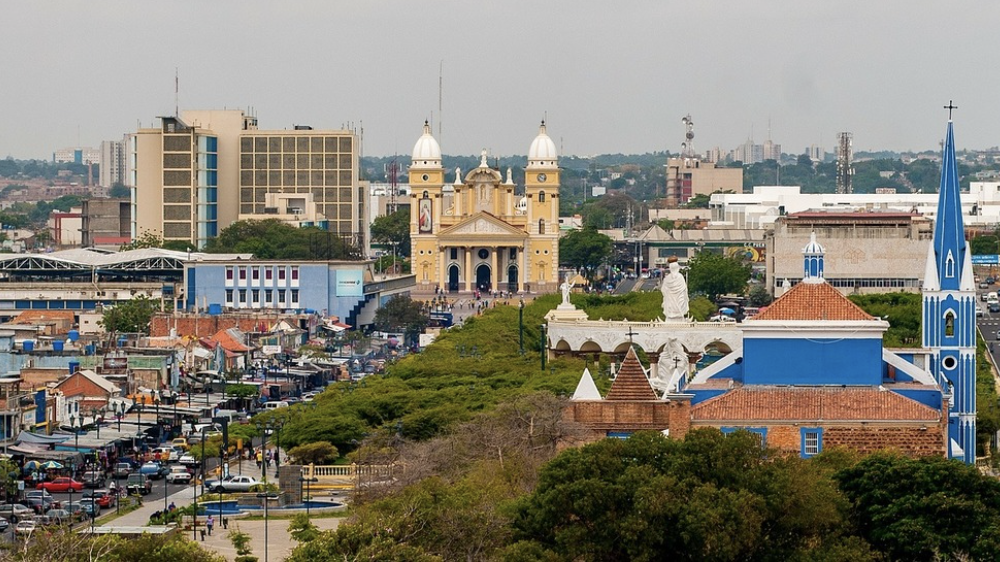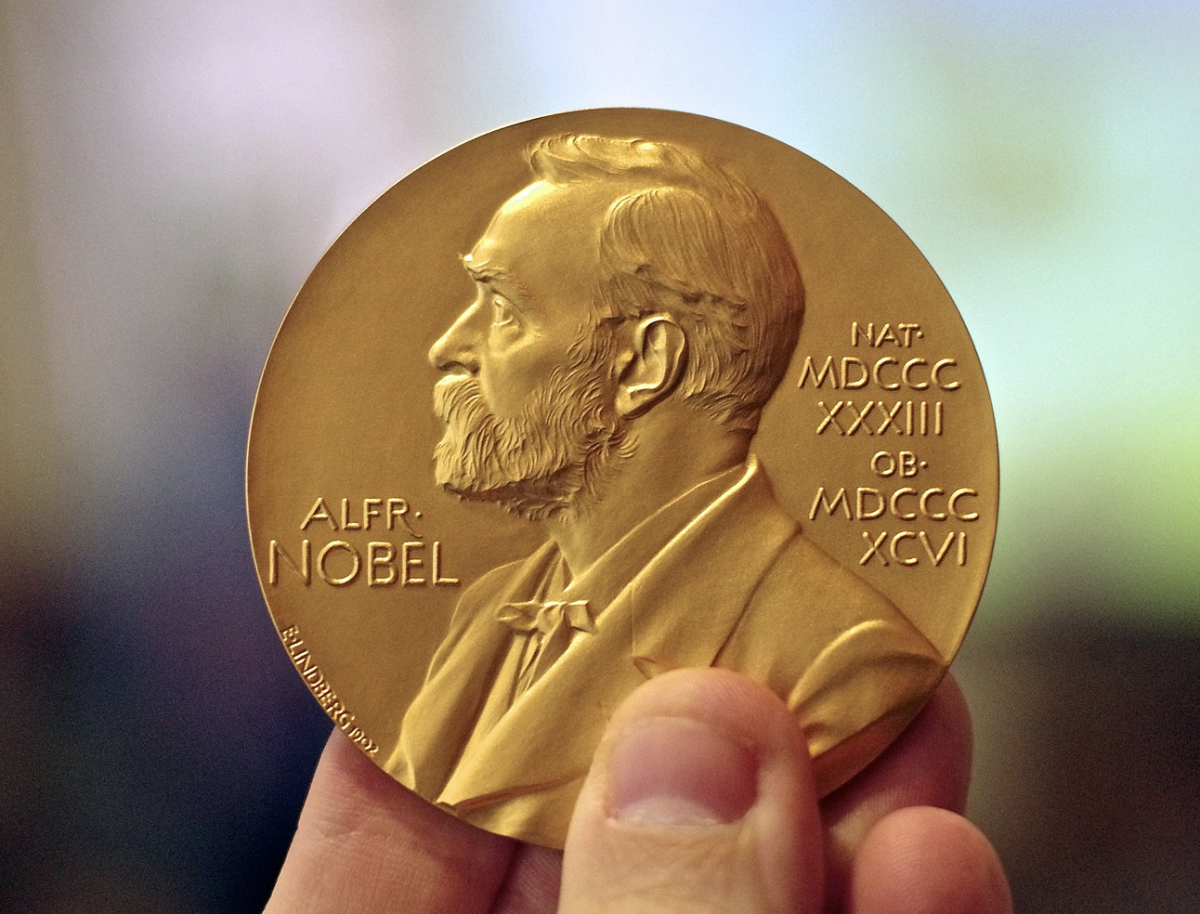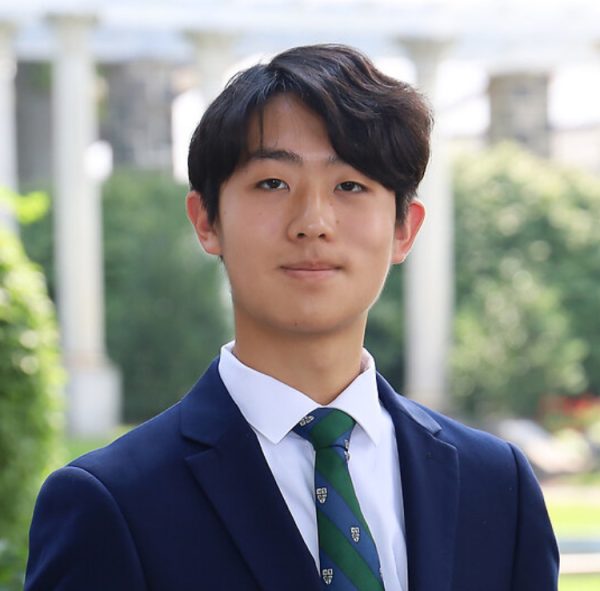Last month, the 2023 Nobel Prize winners were announced in all six categories: Physiology, Physics, Chemistry, Literature, Peace, and Economics. Nominated by government organizations and other qualified entities, Nobel Laureates are then chosen by the Norwegian Nobel Committee. Winners receive a diploma, a medal, and receive that year’s Nobel Prize amount (11 million Swedish krona this year, essentially $1 million USD). In December, the Laureates will receive recognition at a ceremony in Stockholm, Sweden.
The previous article on the science Nobel Prizes is out; now, the humanities awards will be discussed.
The Nobel Prize in Literature was awarded to Jon Fosse, a Norwegian author. Fosse was born in 1959 in Haugesund, and he grew up on a farm in Strandebarm, Norway. As a child, he began writing stories and poems when he was 12. As he grew older, his writing turned political and he began to advocate the ideals of communism and anarchism, while attending the University of Bergen. He published his first book, Red, Black, in 1983, followed by other substantial series such as Melancholia and Septology. His first play, Someone Is Going to Come, was produced in Paris in the 1990s. Fosse primarily writes in his native language, Nynorsk, as opposed to the more widely used Norwegian language of Bokmål, but his work has also been translated into over 50 languages. Throughout his works, Fosse places an overwhelming emphasis on the theme of peace. While some of his language may seem simple, people have often described his books as very moving and serene, often resonating with the message behind the work.
The Nobel Peace Prize was awarded to Narges Mohammadi, an Iranian activist. Currently, Mohammadi is serving a ten-year prison sentence in Iran for her activist work on gender equality and human rights. Initially an engineer by trade, Mohammadi has fought against the Iranian government’s oppressive legislation for the past thirty years. By promoting the motto of “Woman, Life, Freedom,” Mohammadi has written and spoken out regarding the misogynistic nature of the Iranian ruling government. She has further served as the vice president of the Defenders of Human Rights Center, a human rights organization based in Tehran. Mohammadi’s work and actions have not come without a cost. Currently, her husband, Taghi Rahmani, another civil rights activist, lives in exile in France with her two children while Mohammadi is serving a ten-year sentence in a Tehranian prison.
The Nobel Memorial Prize in Economic Sciences was awarded to Harvard economic historian Dr. Claudia Goldin for her continued work on women in the workforce. Throughout her career, Dr. Goldin has conducted research on gender wage gaps, which she argues begins to grow after a woman first gives birth. Dr. Goldin’s work has inspired others to look into how marriage and contraception are related to the workforce. She is the first woman to receive the prize independently rather than as part of a group and is the third woman to be presented with the award in general.
As the years go on, more people will certainly be recognized for their innovative and inspiring work. Who knows? Maybe one of you will go on to become a Nobel Laureate?

































